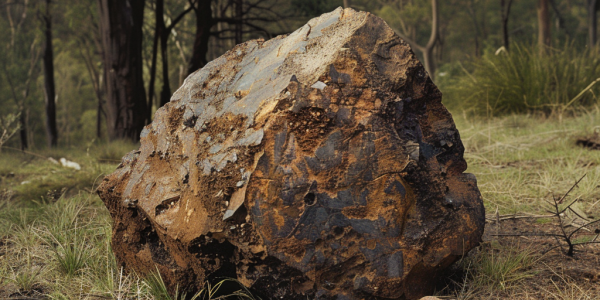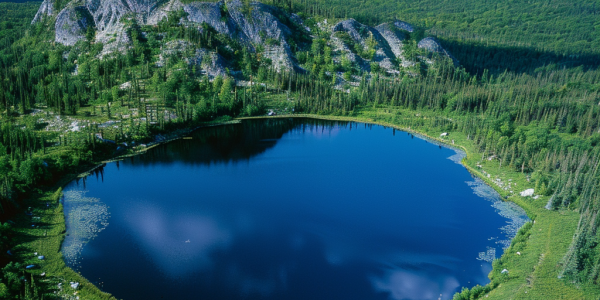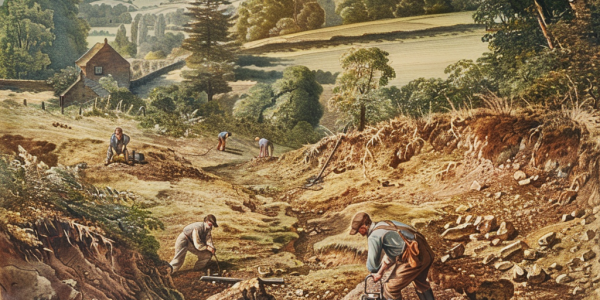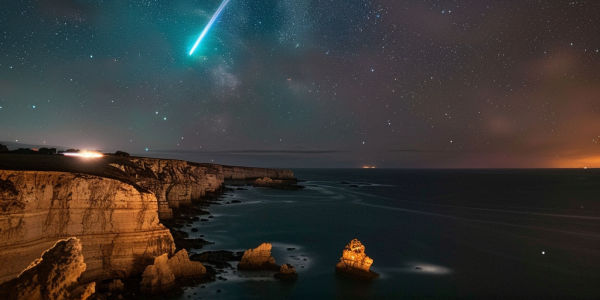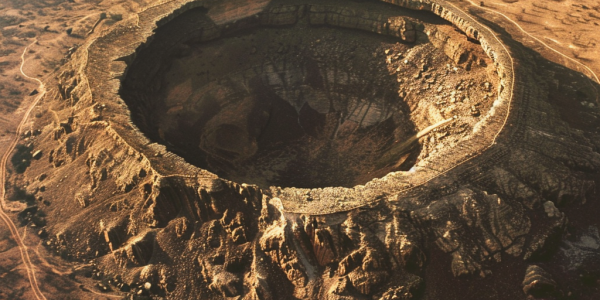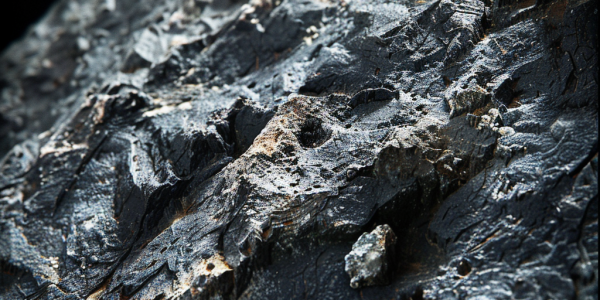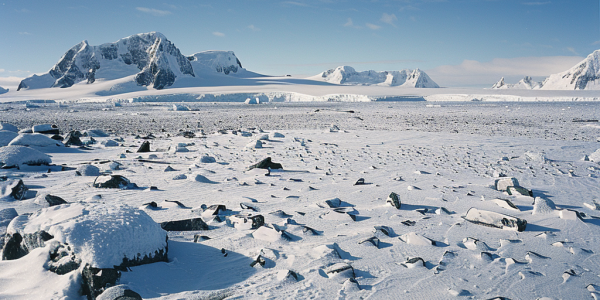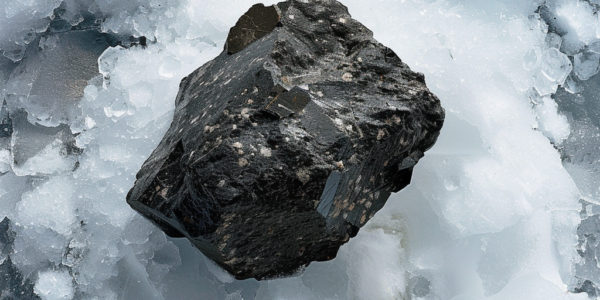Prospector’s Gold Nugget Turns Out to Be Rare Meteorite
In a stunning revelation, David Hole’s search for gold in Melbourne’s Maryborough Regional Park led to the discovery of a rare meteorite, now known as the Maryborough meteorite. Initially mistaking it for a gold nugget, Hole’s relentless attempts to crack the rock ultimately unveiled its true cosmic origin. This extraordinary find, estimated to be 4.6 billion years old, offers invaluable insights into the formation of our Solar System and highlights the scientific significance of meteorites in understanding the universe.
Spectacular Meteor Fireball Lights Up Alberta Skies
On November 13, 2024, residents of Airdrie and nearby areas witnessed a spectacular greenish-blue fireball streaking across the sky, captivating early risers and stargazers. This meteor sighting, reported around 6:34 a.m., sparked excitement on social media as locals shared videos and images. NASA explains that such fireballs occur when meteoroids enter the atmosphere, creating stunning light displays. With upcoming meteor showers like the Orionids and Southern Taurids, stargazers have more opportunities to experience these celestial wonders.
Navigating Privacy and Meteorite Origins in the Digital Age
Explore the critical intersection of user privacy and astronomical research in our digital age. Learn how cookie management impacts personal data protection and discover groundbreaking findings on meteorite origins that enhance our understanding of planetary formation. Stay informed about your privacy choices and the broader implications of celestial studies.
Potential Meteorite Impact Site Discovered in Quebec
A potential meteorite impact site has been discovered in Quebec’s Cote-Nord region, identified by outdoor enthusiast Joel Lapointe. The 15-kilometer-wide circular formation around Marsal Lake is under investigation by geophysicist Pierre Rochette and his team. If confirmed, this could be the first new impact crater found since 2013, adding to Canada’s 31 known impact sites. Researchers are analyzing samples and searching for shatter cones to verify the impact hypothesis, with further studies planned for 2025.
Residents urged to search for meteorite fragments in Staffordshire
Residents of Staffordshire are on the lookout for meteorite fragments after a bright fireball was spotted over the Midlands. The UK Fireball Alliance suspects a meteorite may have landed near Blythe Bridge and Uttoxeter. Scientists warn against touching any rocks found and describe the meteorite as around 500g, black or brown, and 5-10cm wide. Despite searches, the meteorite remains elusive. The community is encouraged to report any findings to UKFAll or the Natural History Museum.
Viral Video of Meteorite Crossing Skies of Portugal and Spain
A viral video of a meteorite crossing the skies of Portugal and Spain has captivated the internet, leaving social media users in awe. Despite no official confirmation, the footage has sparked a wave of reactions online, highlighting the fascination with the wonders of the universe.
NASA Estimates Luna Crater in Gujarat to be 7,000 Years Old
Discover the ancient Luna Crater in Gujarat, estimated to be 7,000 years old according to NASA. This remarkable archaeological site offers valuable insights into the region’s geological history and past events. Scientists and historians are eager to explore the mysteries surrounding its formation and significance, making it a key site in the fields of geology and archaeology.
Rare Presolar Grain Challenges Astrophysics Models
Discover the groundbreaking findings in astrophysics as researchers uncover a rare dust particle within a meteorite, challenging existing models. Dr. Nicole Nevill’s research, in collaboration with NASA, reveals a presolar grain with a unique magnesium isotopic ratio, shedding light on cosmic events and star formation processes. Explore the significance of this discovery in understanding stellar evolution and the mysteries of the universe.
Antarctica’s Melting Ice Threatens Valuable Meteorite Discoveries
Antarctica, known for its abundance of meteorites, is facing a concerning trend as climate change causes the ice to melt, making these valuable space rocks increasingly difficult to find. A recent study highlights the impact of warming temperatures on the Antarctic ice sheet, leading to the disappearance of over 5,000 meteorites each year. This loss not only hinders scientific research but also underscores the far-reaching impact of climate change on even the most remote regions of the planet.
Antarctic Meteorites Threatened by Climate Warming, Study Finds
A new study published in Nature Climate Change reveals that climate warming is causing many extraterrestrial rocks to be lost from the surface of Antarctica by melting into the ice sheet. The research predicts that approximately 24% of meteorites will be lost by 2050, potentially rising to approximately 76% by 2100 under a high-emissions scenario. The findings raise concerns about the future of Antarctic meteorites and the potential loss of valuable extraterrestrial rocks due to climate warming.

